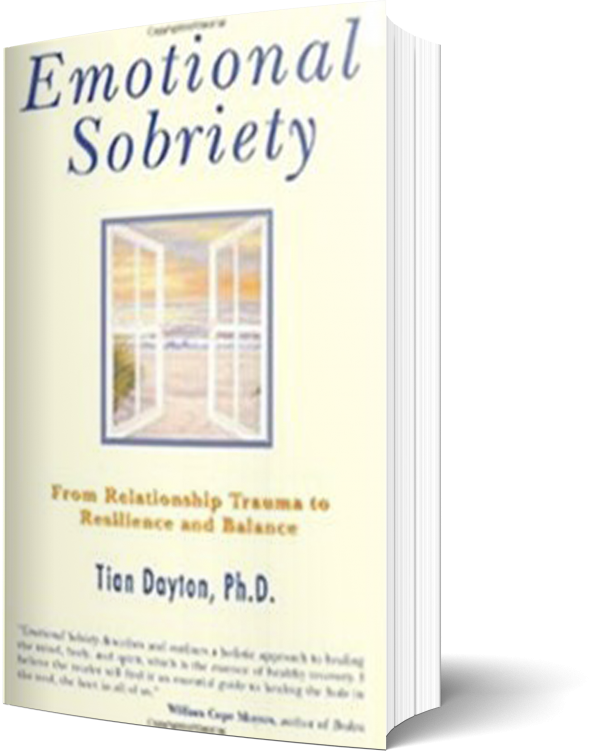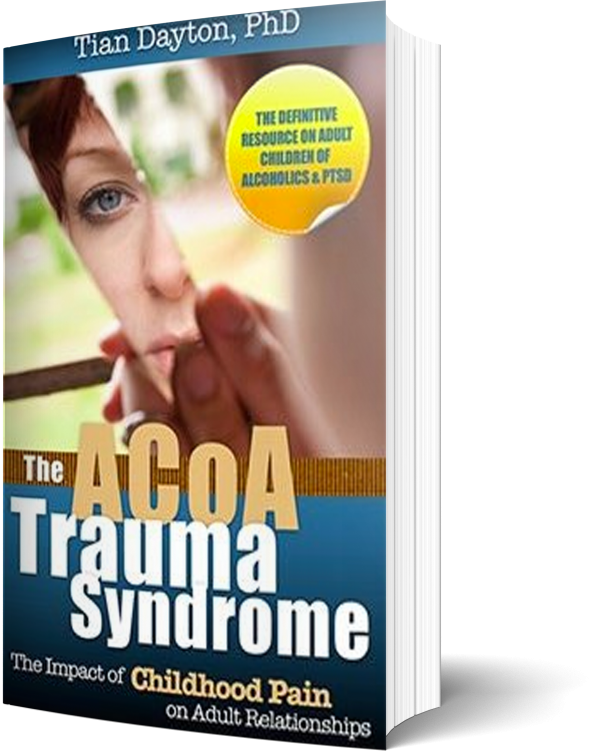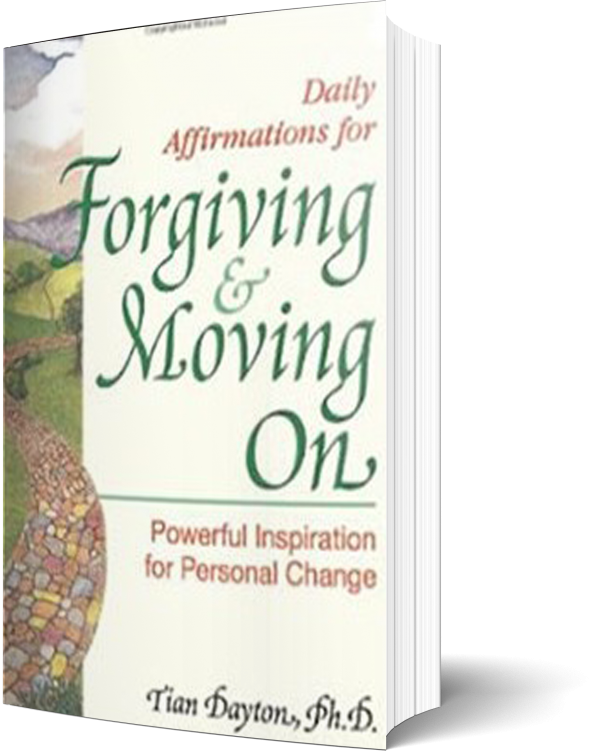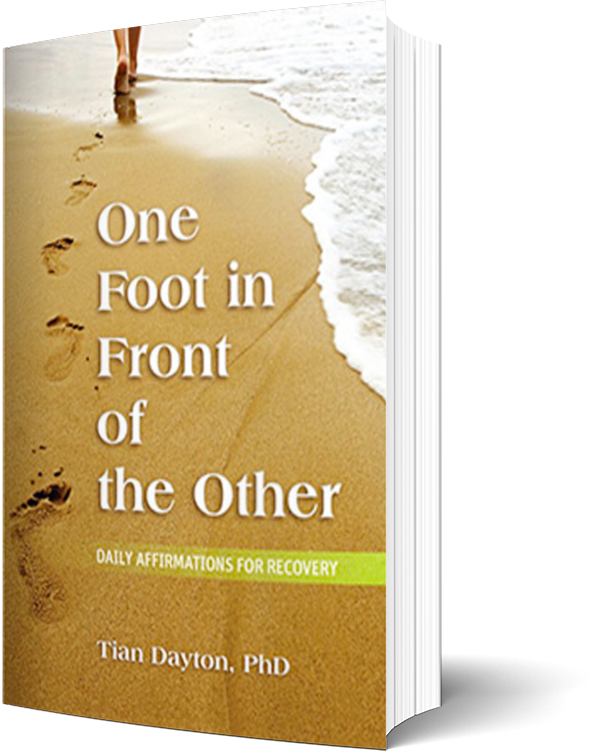Sugar plums aren’t the only things that dance through our heads during the holiday season. For those among us whose holidays have been shaken up by loss or family rupture, addiction or illness, the holidays can remind us not only of what we have, but of what feels missing. There is a powerful expectation of joy around the holidays, but what if we’re just not feeling that joyful? Memories of times gone by can haunt us when we’re trying to whistle in tune with Bing Crosby or step in time to “Jingle Bell Rock.”
Holiday Triggers: How Memory Works
Experiences have senses, memories, and emotion coded into them. The more senses and emotion involved in an experience, the more the brain remembers it. Holidays are a feast for the senses and a playground for emotions. Walking down a street and encountering the traditional sights and decorations, the sound of holiday music, and the scent of evergreen or roasting chestnuts can act as memory triggers that send us sailing back to a forgotten land in our minds and hearts. We feel wrapped in the warmth and goodness of the holiday season just as we did as kids. We get a lump in our throats, a tear in our eye and feel a quiet anticipation, a glow. We remember things we thought we’d forgotten and think thoughts that make us feel that we’re four feet tall in the outfit of a grown up. Then, just as fast, we return to our full height, refocus our eyes and come back to today, blinking back the moment and breathing once again into the now. Some of these memories can feel wonderful. Life feels full and fine. But it can also work the other way if our holidays have not been so happy or if we have suffered through painful family scenes that devolved into chaos or loneliness. We can feel a mixture of emotions around this season that disturbs our equilibrium or even feels somewhat depressing.
In other words, the holidays can be a real emotional time bomb in terms of memory. Not only are feelings around traditional family and community rituals and gatherings heightened around the holidays, but these memories are loaded with sensorial cues woven in with powerful emotions that make them more intense than normal and easier to recollect. So if there is hurt surrounding hearth memories, then that hurt comes back around this season: While everyone else is busy reaffirming the bonds that they have, we can be equally busy on the inside, freaking out about the bonds we don’t have, or don’t think we have, or don’t have in just the way we’d like to have them.
We feel out of step with the merriment of the season. Everyone else appears to be having such a good time, and we have that “through the looking glass” experience of being somehow separate from the gaiety of our surroundings. Scenes of what went right, along with scenes of what went wrong, play in our heads, and we don’t know quite what to do with them.
Sights, sounds, smells, textures and tastes are our doorways into unconscious memory, because that’s just the way memory works. Our brain and body hold on to those memories that have the highest sensorial content or the strongest emotions attached to them. These two factors — sense and emotion — mean that holiday memories have a very special punch for us. The holidays are filled with endless familiar tastes, sights, songs and scents that carry us straight back to the heart of our homes. Both the joys and the sorrows we have felt throughout these seasons are easily recollectable, triggered into today from our mental and emotional scrapbooks of yesterday.
So what do we do? There are a few dos and don’ts that might help you through:
Don’t
Withdraw and isolate: Stay available for holiday festivities and move through them as best you can.
Awfulize: Make things worse than they are.
Compare your insides to everyone else’s outsides: Just because people around you seem to be smiling does not mean that you’re the only one experiencing some difficult feelings.
Do
Alter Your Expectations: Expect less, get more, don’t set yourself up for disappointment by expecting that you should feel wonderful around the holidays. Go easy on yourself.
Keep it simple: Let yourself move through the holidays a day at a time; don’t get ahead of yourself.
Enjoy the simple things: Play music, cook a bit, walk down the street and soak in the special atmosphere, let the moments “in between” fill you and feel good.
Keep a gratitude list. Remind yourself of what you have, count your blessings, look around you and consciously make mental lists of what you have to be thankful for this season. Focusing on what you actually have, the littlest things throughout your day that give you pleasure, something you feel good about or feel grateful for, can change your day and your season.
For more by Dr. Tian Dayton, click here.
For more on holiday stress, click here.





